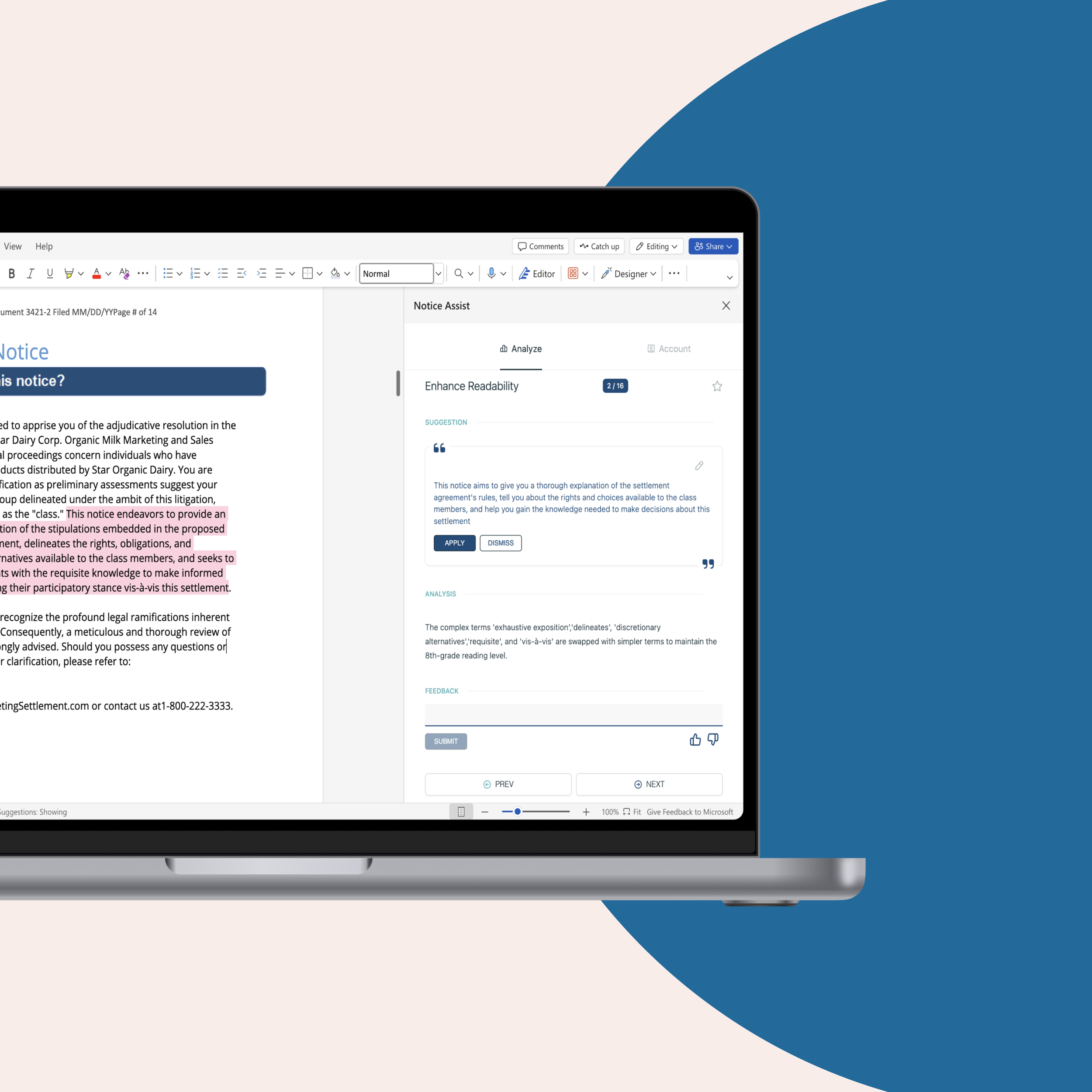Ninth Circuit Win For Transparency
Jocelyn D. Larkin, Executive Director - The Impact Fund
Ninth Circuit’s Decision Limiting the Ability of Corporations to Hide Damaging Evidence Should Allow Public Access to Documents Submitted at Class Certification
The Ninth Circuit’s decision in The Center for Auto Safety v. Chrysler Group, decided January 11, 2016, adopted a new standard for district courts to use in deciding whether the public has a right to access court records filed by the parties under seal. The decision will go a long way to ensure that corporations cannot hide evidence of misconduct that may threaten public safety. The decision also has important implications for class action litigators.
Dispositive v. Non-Dispositive Distinction Rejected
The Circuit’s old rule drew a distinction between “dispositive” and “non-dispositive” motions. So, documents submitted in connection with a “dispositive” motion were presumptively open, except upon a showing of “compelling reasons.” However, the same documents filed as part of a “non-dispositive” motion would remain sealed based upon a showing of “good cause,” an easier standard to meet. While the distinction sounds straightforward, it was clunky and proved challenging to apply. Summary judgment motions were clearly dispositive but what about a Daubert motion filed in connection with a summary judgment motion, or a significant motion in limine, or a discovery motion seeking terminating sanctions? In the Center for Auto Safety case, a class action alleging that certain Chrysler vehicles contained a defective part, plaintiffs brought a preliminary injunction motion to require Chrysler to notify class members of the alleged risks associated with the defective part. After the motion was denied, the Center for Auto Safety moved to intervene and unseal the documents submitted in support of the motion. The district court refused to unseal them, dropping the motion into the “non-dispositive” bucket.
New Test Focuses on Relationship to the Merits
In the 2-1 opinion, authored by Judge Owens, the court observed that these “mechanical classifications” did not take into account the strong principles supporting public access. Motions for preliminary injunction have, in many circumstances, been used to address the scope of important substantive rights. The Court articulated a new, more qualitative test: “public access will turn on whether the motion is more than tangentially related to the merits of a case.” Slip Op. at 17. For such motions, the strong presumption of access will apply absent a showing of “compelling reasons” for continued secrecy. The preliminary injunction at issue in the case met the new standard because the proposed notice was a portion of the injunctive relief sought by the complaint.
Class Certification Motions: More Than Tangentially Related to the Merits
Under the Circuit’s old standard, a Rule 23 certification motion would likely be treated as non-dispositive, meaning that supporting documents could be kept under seal based on a good cause showing. But what about under the new test?
Recent Supreme Court precedent has clarified that a district court must conduct a “rigorous analysis” of Rule 23 compliance and that analysis “will entail some overlap with the merits of the plaintiff’s underlying claim.” Wal-Mart Stores v. Dukes, 131 S. Ct. at 2541, 2551-52 (2011). As the high court earlier observed, “‘the class determination generally involves considerations that are enmeshed in the factual and legal issues comprising the plaintiff’s cause of action.’” General Telephone of the Southwest v. Falcon, 457 U.S. 147, 160 (1982) (quoting Coopers & Lybrand v. Livesay, 437 U. S. 463, 469 (1978).
Interpreting this language from Dukes, the Ninth Circuit has been even more explicit about the extent to which the merits are relevant to a class certification motion.
the merits of the class members' substantive claims are often highly relevant when determining whether to certify a class. More importantly, it is not correct to say a district court may consider the merits to the extent that they overlap with class certification issues; rather, a district court must consider the merits if they overlap with the Rule 23(a) requirements
Ellis v. Costco Wholesale Corp., 657 F.3d 970, 981 (9th Cir. 2011). Typically, the determination of whether there are issues of law or fact common to the class (commonality) will overlap with the merits, among other requirements. Given this unequivocal mandate that district courts consider the merits at class certification, Rule 23 motions will plainly meet the standard of “more than tangentially related to the merits.”
Practitioners should use this precedent to prevent defendants from insisting on sealing court records in connection with class certification motions.
###
Further Reading: Blog by Public Justice











